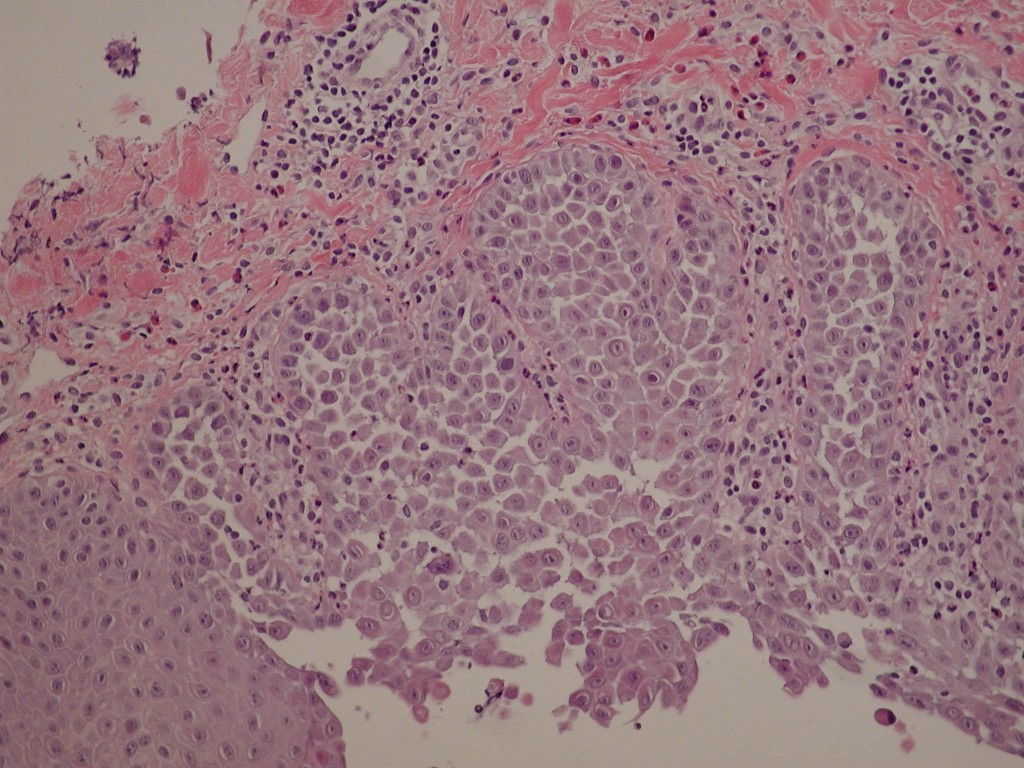
The Hailey-Hailey Disease Society is pleased to make available our Patient Brochure, as published in the JAAD, Journal of the American Academy of Dermatology.
To obtain a copy:
For U.S. addresses, contact us or send a #10, self-addressed, stamped envelope to us at: HHD Society, 1712 Glendale Ave, Saginaw, MI 48638
For non-U.S. addresses, please donate at least $US 5.00 using the PayPal Donate link at the bottom – please include your postal address.
About HHD
- HHD is not contagious – HHD is a genetic skin disease. That means one of the 4 million genes has gone wrong. It cannot be transmitted to another person
- HHD is NOT an auto-immune disease – HHD is sometimes confused with pemphigus vulgaris, which is an auto immune disease.
- HHD can be passed on to children – Due to HHD’s autosomal dominant inheritance pattern, there is a 1 in 2 chance [or 50:50 chance] that each child of an affected parent will inherit the skin problem. If both parents are affected, the chances increase.
- HHD is very rare – The frequency of HHD in the population may be as low as 1 in a million. This means that sufferers are unlikely to know anybody outside of their immediate family with the problem. It also means that doctors may have problems recognizing, diagnosing and treating the disease.
- HHD affects both sexes equally
- HHD is seen in every race and on every continent
- HHD symptoms often present in the late teenage years to early twenties or even later in adulthood.
